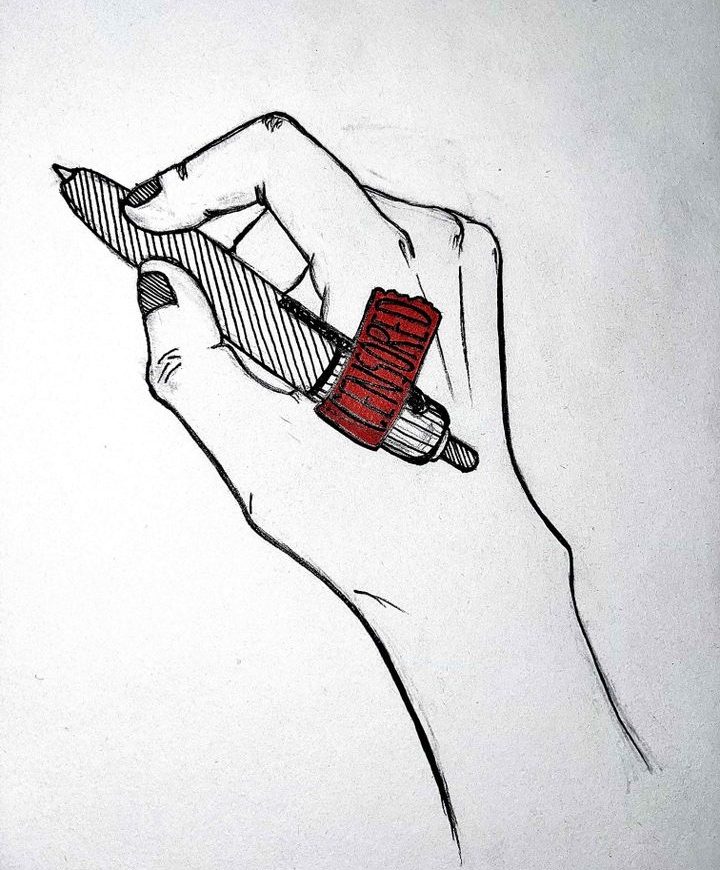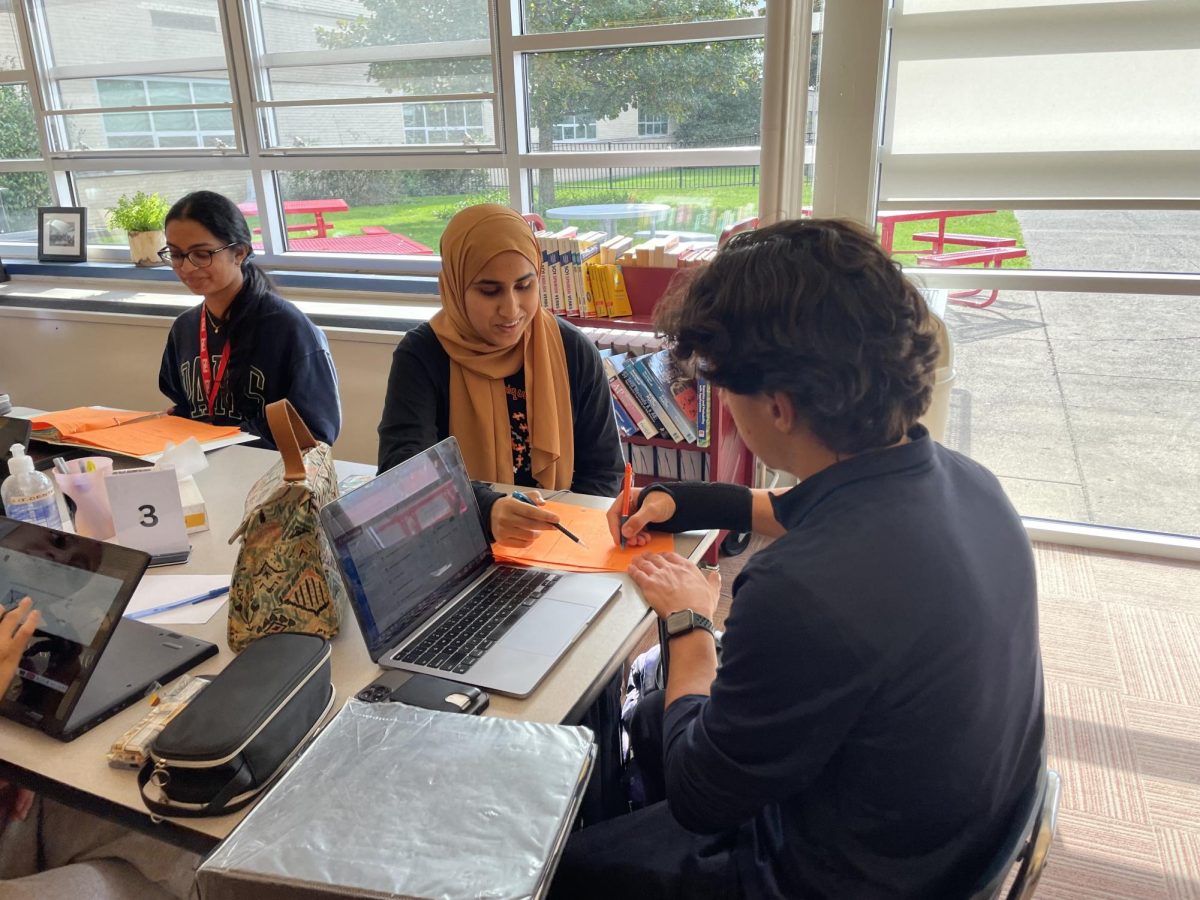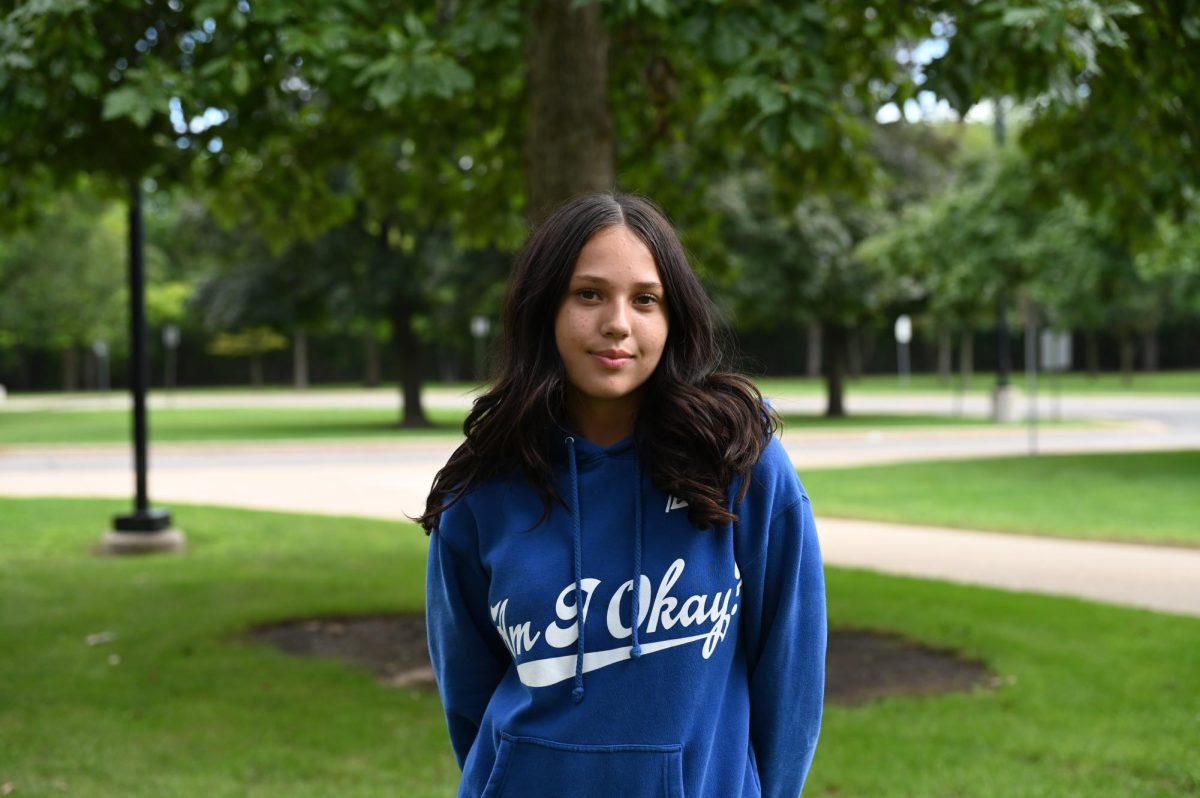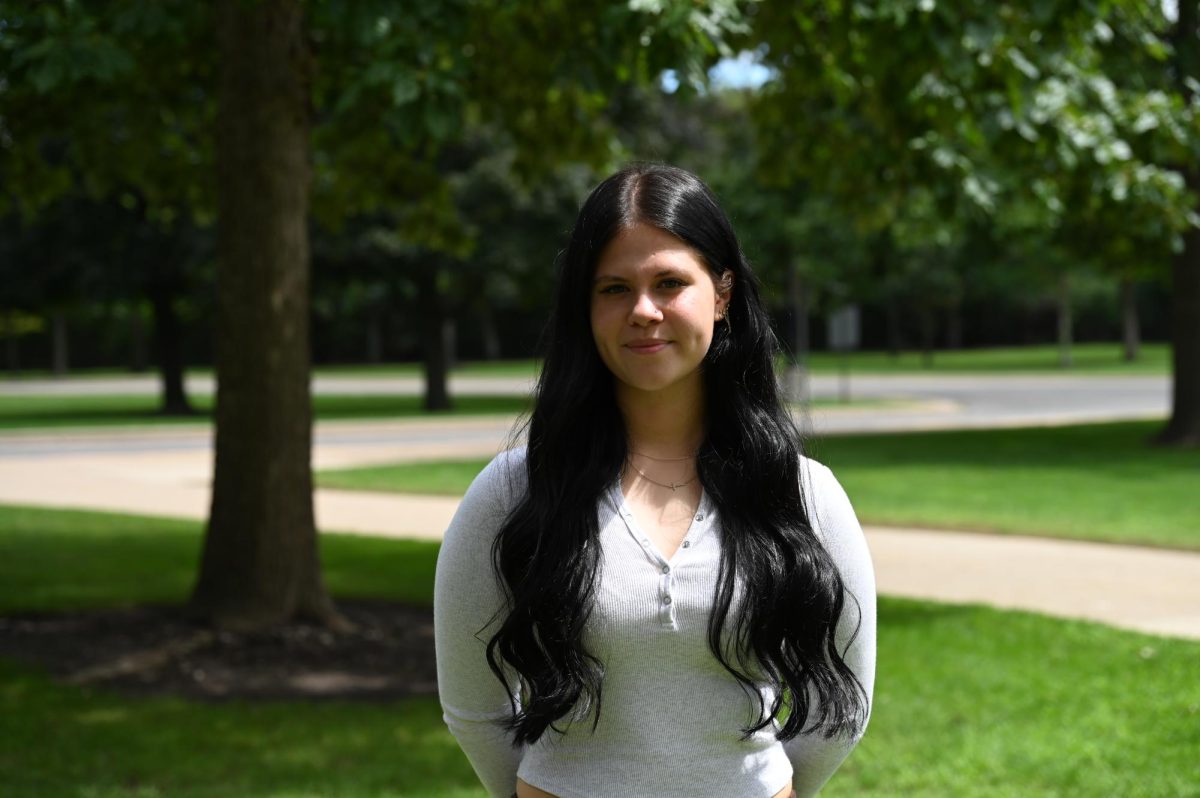The Committee to Protect Journalists published a report on April 30 highlighting ways that press freedom is being threatened under the Trump administration.
“The first 100 days of the Trump administration have been marked by a flurry of executive actions that have created a chilling effect and have the potential to curtail media freedoms. This administration has begun to exert its power to punish or reward based on coverage. Whether in the states or on the streets, this behavior is setting a new standard for how the public can treat journalists. The uncertainty and fear resulting from these actions have caused requests for safety advice to increase as journalists and newsrooms aim to prepare for what might be next,” the report said.
While Niles West News has not felt directly affected, we are aware of the potential spread of hostile attitudes towards the free press. Even towards student journalists.
Tufts University Ph.D. student Rumeysa Ozturk was arrested and had her student visa revoked on March 25 due to her opinion piece published on March 24, 2024, in the Tufts Daily, the student newspaper of Tufts University. According to The Tufts Daily, a widely circulated video shows her being arrested by plain-clothed federal agents, many of them masked, on the same day her visa was revoked. She is reported to be incarcerated at a facility in Louisiana. She co-authored the March 24 piece about her university’s response to Israel’s attacks on Palestinians in Gaza. Trump officials say her visa was revoked because she allegedly engaged in activities supporting Hamas.
This is not an isolated incident. According to Reporters Without Borders, two Dartmouth College student journalists were arrested during a protest on May 1, 2024, while identifying themselves as media members. A day later, four student journalists from UCLA, as counter-protestors, clashed with pro-Palestine protesters on UCLA’s campus. One was hospitalized.
These incidents are part of a troubling pattern that underscores why journalism matters. Journalism gives a voice to marginalized groups, tells a story from multiple perspectives and simply informs people about what is happening in their city, state or worldwide.
In Illinois, student journalists are protected from censorship in public school-sponsored media by the Speech Rights of Student Journalists Act, which became a law in 2016. This law ensures that students can publish their work without fear of arbitrary censorship by those in power at their school. This protection allows students to investigate and report on sensitive or controversial topics–stories that might otherwise be buried. It lets student journalists operate as professionals, freely publishing content that is relevant to their community.
Student journalists often face controversial issues in their own schools. One recent example from Niles West is reporting on a piece of student artwork that was displayed and then removed. The removal of this artwork was the subject of a public comment at the school board meeting on Nov. 12, 2024, alleging censorship and discrimination. It is critical that student journalists be able to report on sensitive issues without fear of retaliation.
As student journalists, we learn how to obtain information–but more than that, we learn how to ask the right questions and navigate sources. Part of our work involves accessing public records through the Freedom of Information Act (FOIA). FOIA can help hold public officials accountable for their actions and fill in details that are not revealed in interviews. Many news stories would not come to light without FOIAs, such as a recent bomb threat and evacuation at our school.
TV news producer Michelle Sproat works in St. Louis at the KSDK television station that is affiliated with NBC. She graduated from Niles West in 2014 and was a writer for the Niles West News. In 2018, Sproat graduated from Lindenwood University. Sproat mentioned that scholastic journalism plays a vital role in education by helping students develop communication skills and engage with their community.
“From newspaper classes to yearbook, to broadcast and online publications, scholastic journalism paves the way for students to utilize communication skills that can be used in college and beyond. Scholastic journalism also allows students to engage with their classmates and keep them informed, hold leaders and administrators accountable and promote First Amendment rights,” Sproat said.
TV news reporter for WDRB in Louisville, Kentucky, Katrina Nickell graduated from Niles West in 2016 and also wrote for the Niles West News. Nickell highlighted how early experience in student journalism equips young reporters to investigate important issues.
“Starting as early as middle or high school can better prepare journalists on how to dig deeper into stories and ask tough questions. Student journalists can also be the watchdog for the school to shed light on issues that would otherwise go under the radar unless talked about. In my experience with Niles West News, we reported on major stories like the then-superintendent being placed on administrative leave and we were the first outlet to report that Merrick Garland, a then-Supreme Court Justice nominee, would be the Class of 2016’s keynote graduation speaker,” Nickell said.
As a publication, we have stories running every day promptly, especially breaking news stories. Breaking news is important in any publication because it helps shape the identity of the paper and builds trust in the community. It allows the community to have a reliable place to go when needing the facts. Being the first voice allows us to set the tone and be an active part of the school’s communication. In addition, in this day and age, information spreads fast–often inaccurately. Our publication can control this misinformation, clarify and fill in any of the gaps.
Part of reinforcing students’ press freedom is supporting efforts to protect advisers from retaliation. On March 21, 2025, a bill to amend the Speech Rights of Student Journalists Act was introduced in the Illinois legislature, giving legal recourse to any student media adviser who feels their free speech is being violated.
Being a student journalist allows students to talk to people that they might never have the chance to interact with. It allows journalists to go outside of their comfort zone, helps them build confidence and teaches them how to talk to people. Student journalists should not be afraid of experiencing the struggles that Ozturk is facing right now. We are not going to be silenced.


















Nancy Schultz • May 11, 2025 at 5:37 PM
This article is both topical and informative, becoming more so as the months go by. The skills taught in the News class will surely help those who intend to begin a career in this field. We all need a free press.
Dena R. Lichterman • May 7, 2025 at 8:55 PM
This is an excellent piece of writing about how important freedom of the press truly is, especially when there is so much misinformation flooding out of certain news sources. Thank you, NWN editors, for reminding readers why the news and school newspapers matter.